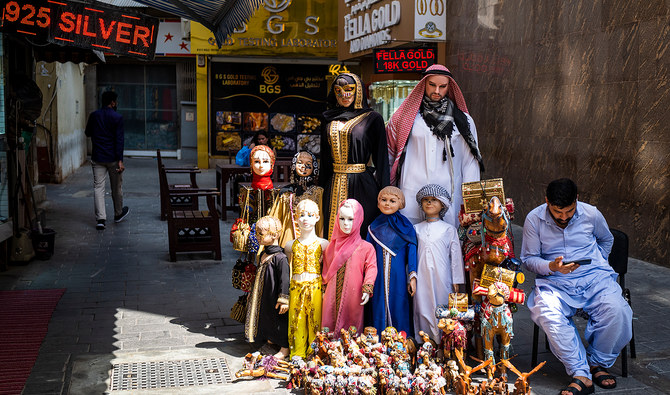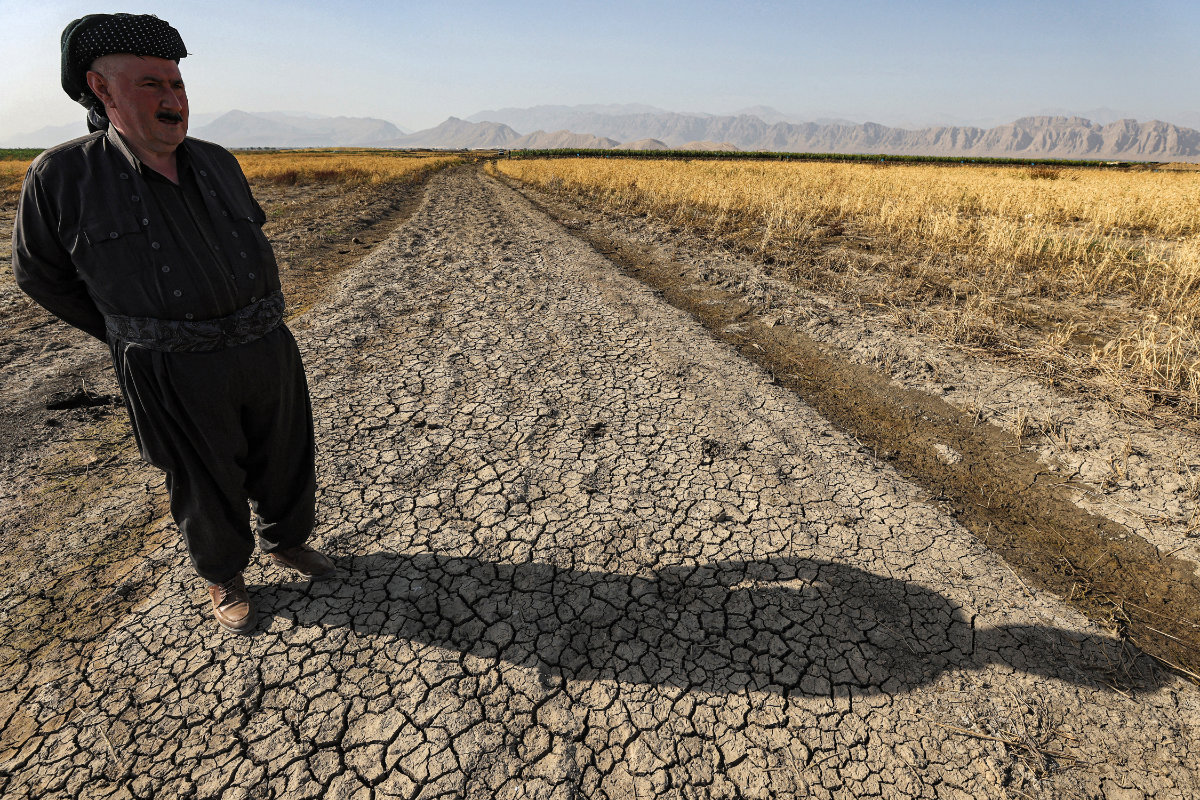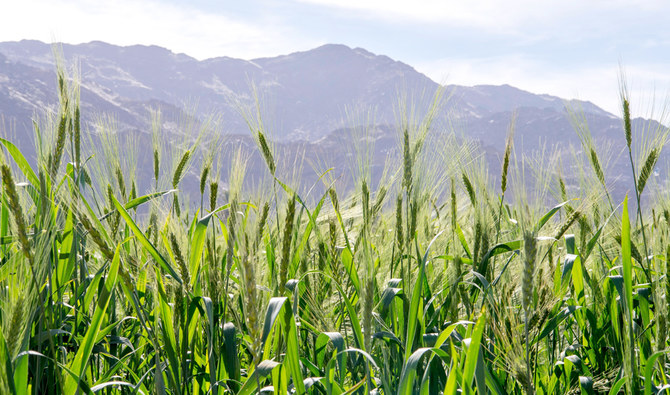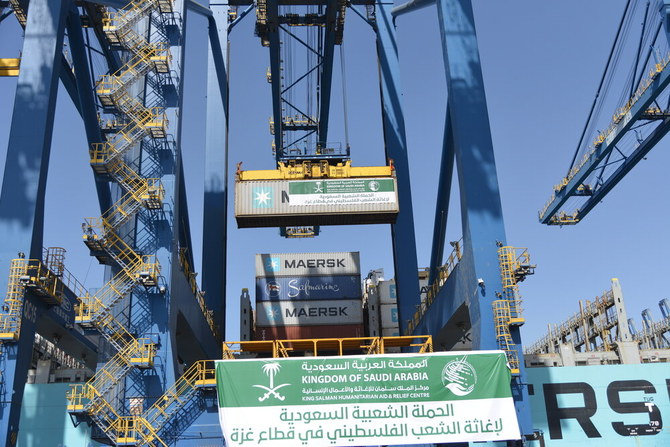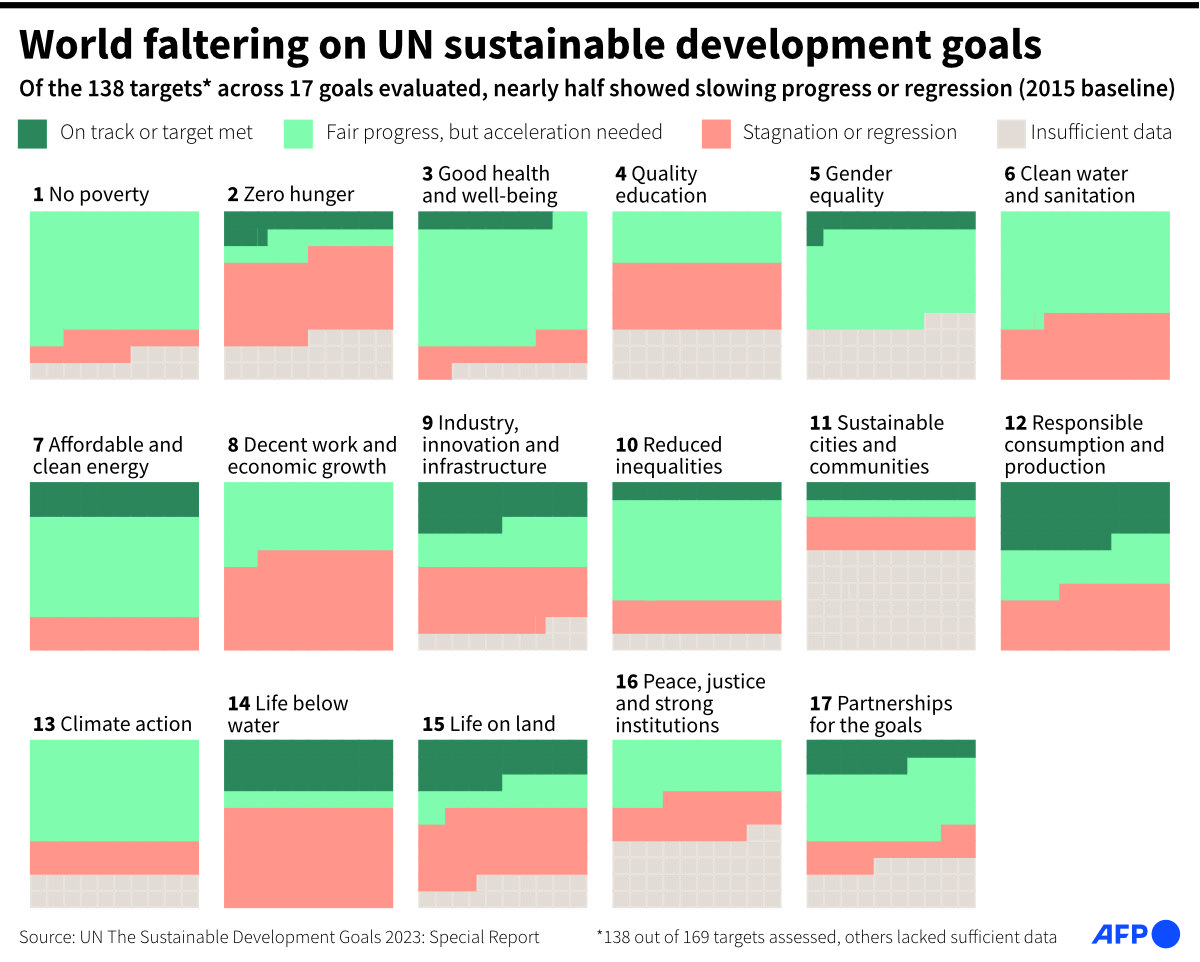Muhammed Bilal used to have to wait his turn outside a money transfer office in the scorching heat of Dubai to send home $1,000 to his wife and parents in Pakistan each month, at a cost of about $7 per transfer.
He has since switched to an app that allows him to send money instantly with no transfer fees, joining a growing number of migrants in the United Arab Emirates using cryptocurrencies and blockchain services to send remittances quickly and cheaply.
“Now, I don’t need to wait in queues,” said Bilal, a 27-year-old customer service agent.
“I do it at home from my mobile phone and the money is sent within seconds.”
The Middle East and North Africa had the fastest-growing crypto market in the world last year, according to blockchain data platform Chainalysis, with crypto transfers into the region rising by 48 percent to $566 billion in the year to June.
The use of crypto for remittances and savings, as well as increasingly permissive regulations are helping to drive growth in the region, it added.
The UAE plans to make Dubai “the first city fully powered by blockchain,” and has developed laws and regulatory systems around digital assets as it pushes to become a hub for the crypto industry.
Antti Arponen, CEO of Dubai-based fintech firm Pyypl, said 5 million people had downloaded the app since its launch in 2017.
“Eighty percent of our users are migrants and the numbers have been growing exponentially in the past few years,” he told the Thomson Reuters Foundation.
Migrant workers said crypto offered a better deal than traditional banking and money transfer services, despite a crash in the market last year that left many holders of digital coins nursing heavy losses.
“With crypto, there are almost zero fees — easy, instant and safe,” said Gerard Dingal, a 30-year-old pastry chef, who has been using crypto and Pyypl to send money to his mother and sister in the Philippines.
But such platforms expose users to the risk of scams and highly volatile currencies, said Pete Howson, a crypto expert and assistant professor in international development at Northumbria University, in the British city of Newcastle.
“Users’ funds aren’t insured when they use these sorts of platforms (crypto and blockchain-based apps), like they are with a bank,” he said.
Migrants seek value
Nearly 90 percent of the UAE’s 9.3-million population are migrants, according to a report by the UN Capital Development Fund last year, many from India, Pakistan, Bangladesh, Indonesia and Egypt.
They account for billions of dollars in remittances to their home countries, but most are manual workers who do not earn the 5,000 dirham ($1,350) minimum monthly income required to open a bank account in the UAE, it said.
Migrants also often use cash transfer services because they are cheaper, said Mohammad Jalal Uddin Sikder, a researcher in labor migration and a coordinator at the Center for Migration Studies in Bangladesh.
“Migrants carefully consider every cent. Going to the bank and sending any form of remittances entails high fees,” he said.
Money transfer services in the UAE typically charge a flat fee of 25 dirham per transaction.
But cryptocurrencies, which allow “peer-to-peer” transfers between users online without any intermediaries such as banks or financial authorities, can be better value still.
Migrants can buy crypto using credit cards or crypto exchange offices and then transfer it instantly to their families’ digital wallets. Their relatives will then have to convert the crypto to the local currency.
Transfer costs usually range from free to 0.5 percent depending on the app used and the country coins are being sent to. There is also typically a charge for conversion in or out of local currencies, though some services charge as little as one cent.
Volatile market
As crypto services in the Gulf cash in, banks and other financial institutions are also trying to harness tech developments to make it easier and cheaper for migrant workers to send remittances home.
The UAE’s central bank has announced a “Digital Dirham” currency which it says will help ease cross-border payments and improve financial inclusion.
In March, it signed an agreement with India’s reserve bank to pilot a shared infrastructure to facilitate cross-border transactions of national digital currencies for remittances and trade.
The Foreign Exchange and Remittance Group, a UAE industry body for the money transfer industry, said in its 2022 annual report that its members are also increasingly offering mobile and digital payments in response to demand.
But some migrants who held cash in crypto say they are looking for less risky options.
Ahmed Abdel Fattah, an Egyptian migrant in the UAE, used to invest and send remittances in crypto, but he started to lose faith in digital assets after the 2022 market crash.
“I lost more than half of my investments,” said Abdel Fattah, a driver.
“It is a very volatile market. That is why I stopped investing in crypto and I am now thinking about other options.”
Howson said that take-up of cryptocurrencies and blockchain services will be limited where better, safer options exist.
“Crypto works for migrants, until it doesn’t,” he said.
“Blockchains are useful when you don’t trust political and financial institutions ... (but) no one wants to be held accountable when things go wrong.”



